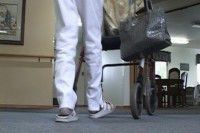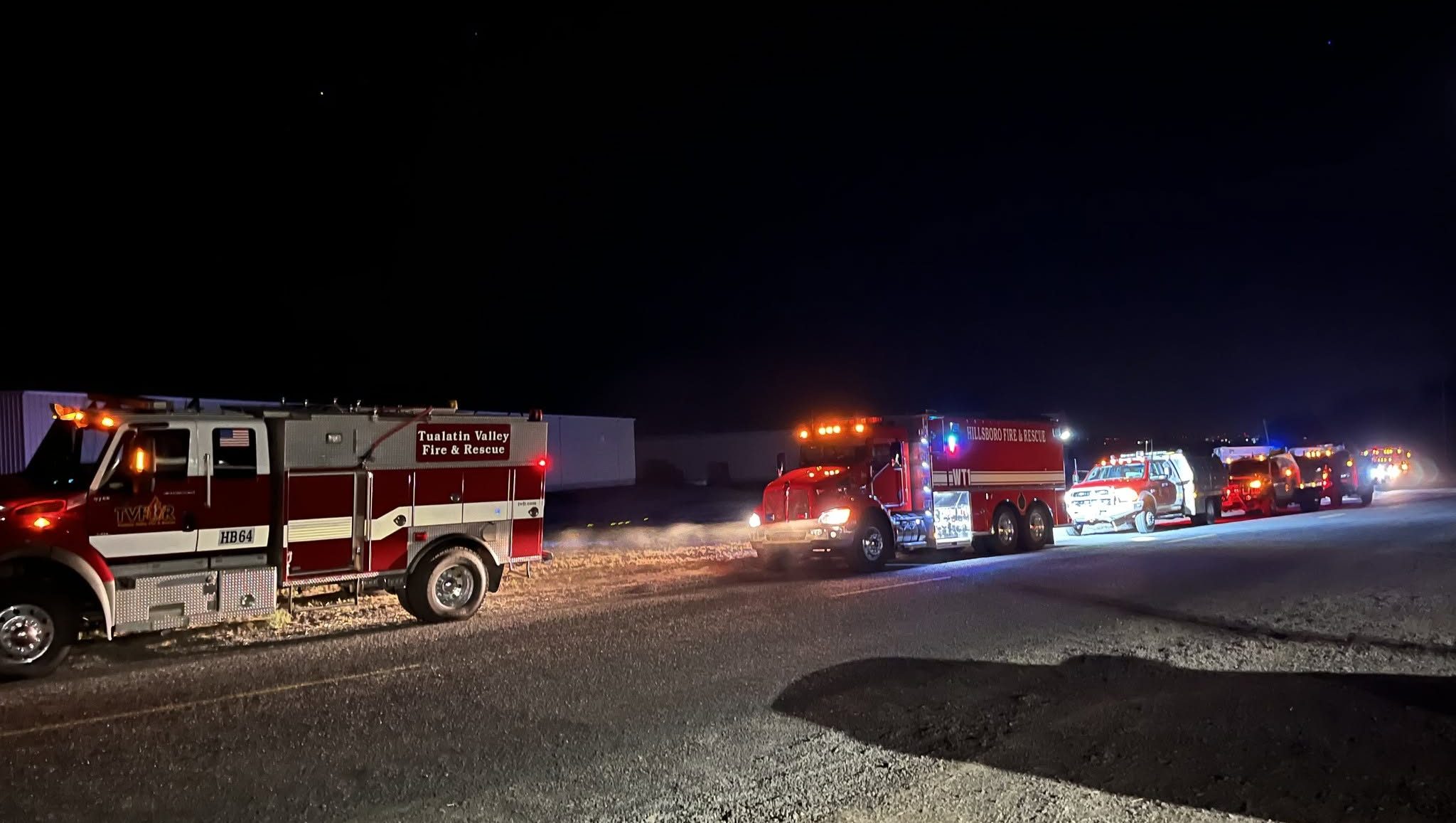Oregon economist says baby boomers will slow economic growth
Published 4:50 pm Tuesday, March 25, 2014

- <p>Oregon economist says baby boomers will slow economic growth</p>
Are baby boomers to blame for a projected slow-down in Oregon’s economy?
One state economist, Josh Lehner, said in a post this week on the Oregon Office of Economic Analysis website that data shows a link between retirement, income and spending.
Fewer workers mean less taxable income for Oregon
According to a information from the Bureau of Labor Statistics as income drops, so does spending in the community. In addition, when the baby boomer generation hits retirement, it will meaning less taxable income which means less money going to the state. That is at the root of economist’s concerns regarding the potential slow-down in Oregon’s economy over the next 5-10 years.
Annie Irons, a retired teacher who lives in Medford said she disagrees with the assessment.
“The baby boomers are probably one of the most economically viable groups,” began Irons.
“The younger people of today have student loans to pay off and if they have a good job, they’re spending their money paying off loans and on housing which is probably not too easy for them to find,” she said.
Irons, who said she’s been on five cruises in two years, said she’s been enjoying retirement. However, her story is different than other retirees since she is fortunate to have a pension.
Shara Mcneil, another retiree we spoke with said she probably spends the same amount that she spent 30-40 years ago. But even so, she said she doesn’t spend much.
Effect of older population on Southern Oregon
Ainoura Oussenbec, a Workforce Analyst with the Oregon Employment Department Economic Research Division, said about 20% of the population in Jackson and Josephine counties are 65 or older.
While she said state economists are correct that fewer workers means less money for the state, there are other beneficial factors to having an older population.
“In Southern Oregon the retirement industry is a big industry so it’s responsible for quite a number of jobs,” said Oussenbec.
In addition, she said many seniors are choosing to head back to work these days and also contribute through jobs that are unaccounted for like volunteering.
“It’s just not possible to fully describe the economic impact of volunteerism,” Oussenbec pointed out.
Meanwhile, Shara Mcneil said baby boomers may play a factor in the state economy but they shouldn’t be wholly to blame for any future economic slowdown.
According to the Oregon Office of Economic Analysis, state money usually grows 16% every biennium, but it’s expected to dwindle to 10% growth in future years.
Those percentages are based on baby boomers retiring and shifting their spending patterns.









